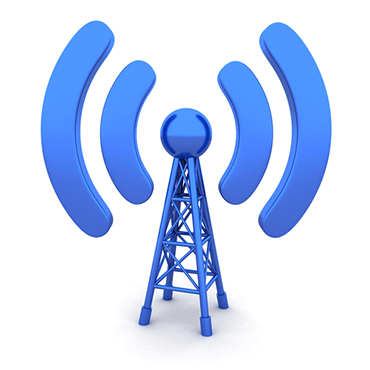Wheeler postpones spectrum auction until IT is tested

The disastrous launch of HealthCare.gov looms as an object lesson on proving technology before it is deployed.

The Federal Communications Commission's plan to manage an auction of privately held spectrum with the goal of moving bandwidth from TV broadcasters to mobile broadband providers will be delayed from early next year until mid-2015.
The long-anticipated simultaneous dual auction would compensate holders of broadcast spectrum for relinquishing bandwidth and then auction that spectrum off to commercial wireless providers. It requires a unique and highly complex IT infrastructure to operate properly.
FCC Chairman Tom Wheeler, who issued the news of the postponement in a Dec. 6 blog post, compared the system to a Rubik's cube because so many different parts must work in harmony for it to be successful.
Wheeler did not mention the disastrous launch of HealthCare.gov, but it clearly looms in the background as an object lesson on proving technology before it is deployed. The auction is critical to the future of the U.S. broadcasting and mobile communications industries and to development of FirstNet, the emergency mobile broadband communications system that will be funded in large part by auction proceeds.
As is the case with HealthCare.gov, the auction's underlying policy is controversial. TV broadcasters in particular are concerned that the FCC is tilted toward the interests of mobile carriers and that some broadcasters could be forced to vacate spectrum or relocate to other segments.
The system behind the FCC's auction will have to identify available spectrum, most of which is assigned locally, and determine the extent to which it can be packaged into the nationally continuous swaths of spectrum typically required by mobile carriers. It would have to account for possible interference from licensed adjacent spectrum and the need to move or repack certain assigned spectrum into new channels to free spectrum from coast to coast. In addition, officials would have to develop a method for keeping auction price data confidential so buyers and sellers could not game the system.
"For the incentive auction to be a success, we must also ensure that the operating systems and software to run it work from the moment the first bid is placed until the final broadcast station is relocated or 'repacked,'" Wheeler wrote.
The revised schedule calls for the FCC to finalize rules and procedures for the auction next spring. Those rules will be built into the software that runs the auction.
"Only when our software and systems are technically ready, user friendly and thoroughly tested will we start the auction," Wheeler wrote.
NEXT STORY: The scary truth about modernization



